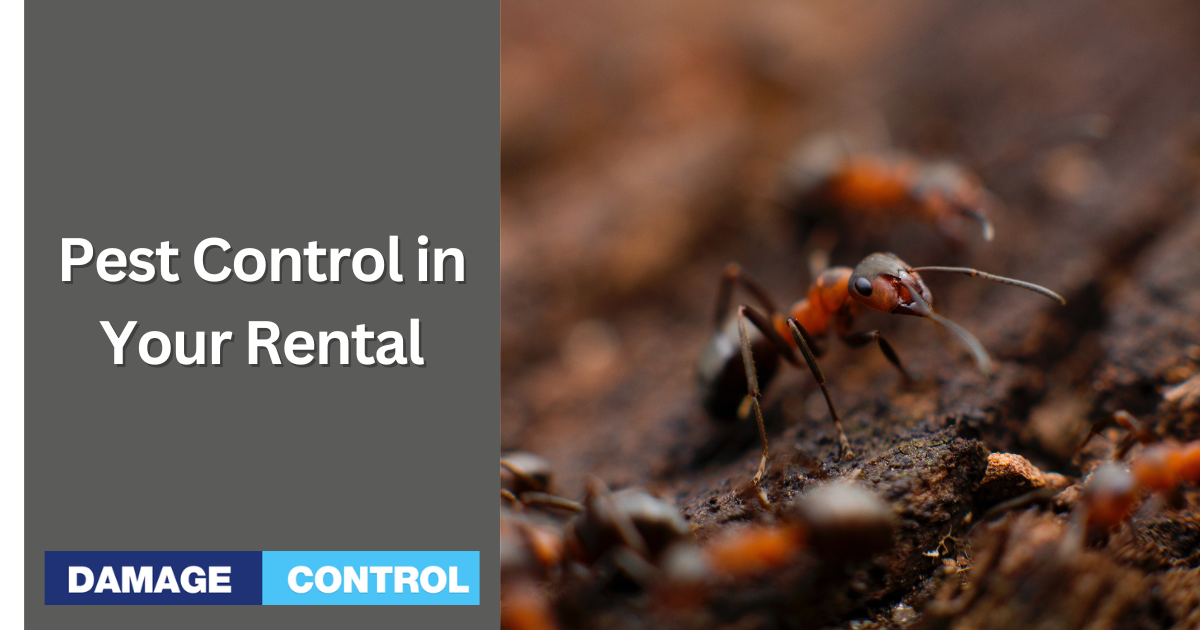Are you renting a place and suddenly find yourself sharing it with uninvited guests like ants, mice, or roaches? Yuck! You're probably asking, “Who is responsible for pest control: the tenant or the landlord?” This article dives into this pesky issue, offering clear insights on responsibilities, laws, and practical steps to take.
Who is Responsible for Pest Control: Tenant or Landlord?
In most cases, landlords shoulder the burden of pest control. After all, they own the property. Local laws often require them to offer a habitable, safe space. What does that mean? No bugs, no rodents—plain and simple. However, the lines blur sometimes. The responsibility may shift depending on the lease agreement and how the infestation started.
What Does the Lease Say?
Explicit Clauses: Some leases have clauses specifying who takes care of pest control. Read it carefully!
Vagueness: Other leases might be less clear. In that case, local tenant laws usually fill in the gaps.
How Did the Infestation Start?
- Tenant’s Fault: If you left food out or created a mess, you're probably on the hook.
- Natural Causes: Old building? Nearby construction? The landlord should step up here.
What Are the Legal Obligations?
Legally, landlords often have more to lose. Most states have “warranty of habitability” laws. In simple terms, these laws make sure renters live in safe, livable conditions. Pest infestations? They usually break that warranty.
So, what can happen?
- Legal Action: Tenants could sue for inhabitable conditions.
- Rent Withholding: In some places, tenants can hold back rent until the issue gets fixed.
- Break Lease: Extreme cases may allow you to move out without any penalties.
How to Approach the Situation
You've got pests. It's stressful. So what's next? Effective communication is key.
Document Everything

Take photos or videos of the infestation. Not only does this show the location and extent of the infestation, it offers a basis of comparison to see just how much worse the infestation has gotten by the time treatment is done.
Notify the Landlord

Do this in writing. Cover yourself. You do not want the problem to get out of hand before you notify your landlord because you could be found financially liable if things take a truly disastrous turn.
Give a Reasonable Timeframe

Ask for the issue to be addressed within a specific time. It may not get fixed overnight, but an infestation will only get worse if it is not dealt with in a timely manner.
Follow Up

Always. Ensure the situation gets handled properly and that all steps have been followed as needed. You should especially notify your landlord when the infestation is gone.
What If the Landlord Doesn't Take Action?
- Legal Advice: Consult a lawyer familiar with tenant laws in your area.
- Contact Authorities: Health departments or housing agencies can step in.
Conclusion
When it comes to pest control in rental properties, landlords usually have the primary responsibility, but it's not a one-size-fits-all answer. Your lease and how the infestation started are important factors. Regardless, know your legal rights and document every step you take. In a tangled web of pests and paperwork, the right knowledge is your best defense.

